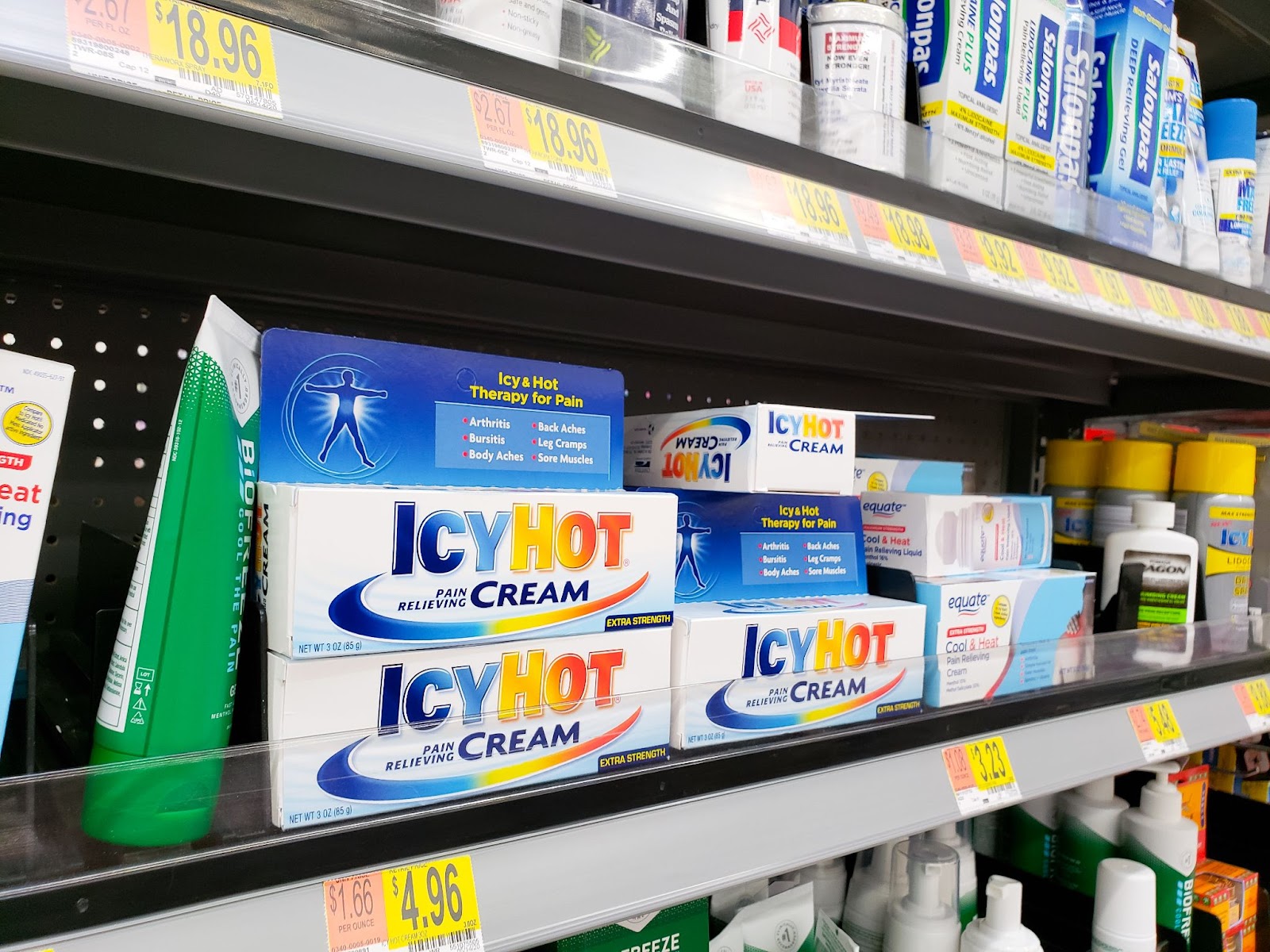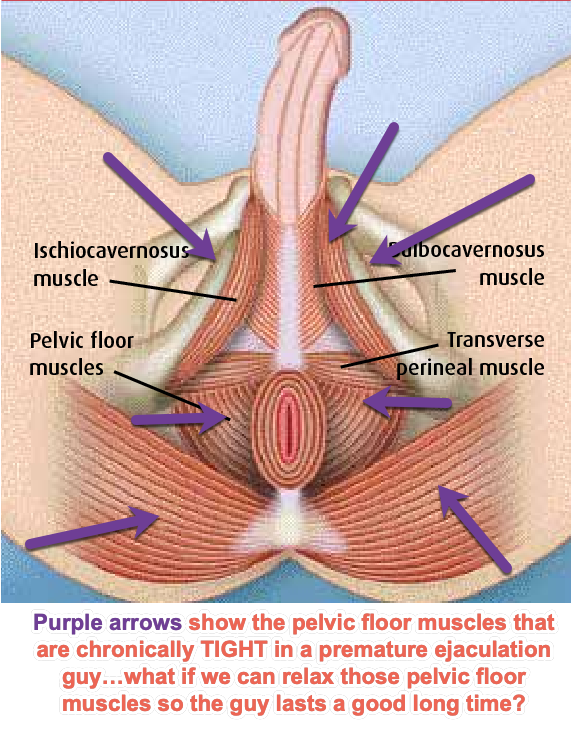
Use it in a slightly different way for stunning results

Story-At-a-Glance
Matt Cook here, and I really respect Dr. Raymond Peat.
He’s one of the doctors getting men’s health right using natural remedies.
Both of us are always trying out new experiments on our health and sex lives and reporting back to men…
And this time, Dr. Peat has stumbled onto something really, really strange about Lidocaine gel…
This is something you’re going to want to see…
—-Important Message for Men Who Love Sex—-
New tip for men who love intercourse as much as I do (NSFW)

Sick of being half limp…I discovered men over 100 using an unusual “ancient secret”….
So that they can get stiff as a baseball bat, anytime they want…
And keep a throbbing, vein-bulging “boner of steel” for as long as they need to…
…without EVER taking dangerous treatments…
As one man says:

Discover this ancient secret here and use it tonight — this is STILL working for me months later and it has made life very very sweet — try it yourself
———-
Weird new penile benefit for men using lidocaine
Dr. Raymond Peat Ph.D. is one of the most interesting commentators on human health and biology out there.
Not only does he have credible criticisms of many problems in modern medicine, he also has the most interesting anecdotes.
In one anecdote given in a podcast interview, Raymond Peat described how, many years ago…
…after suffering with symptoms of ulcerative colitis for about a year, he consumed a small amount of Lidocaine gel.
A short while later his symptoms were almost completely gone – and the change persisted.
It is an almost unbelievable story – but being familiar with Raymond Peat I knew there might be something to it.
So, I decided to look into the research to see if there were any mechanisms which might explain the effects.
To my surprise, I found more than mechanisms.
There are both human and animal studies showing that Lidocaine can help with inflammatory bowel conditions like ulcerative colitis.

This animal research was carried out at the faculty of medicine at the University of Calgary in Canada. The paper was published in the American Journal of Physiology.
In this experiment, researchers looked at the effect of Lidocaine on inflammation of the colon caused by a chemical called TNBS.
TNBS inflames the colon creating signs and symptoms of ulcerative colitis.
In these experiments the rats were given Lidocaine rectally one half hour before they were subjected to TNBS.
In later experiments, the same lidocaine treatment was repeated for seven days in succession after the single dose of TNBS.
A single dose of Lidocaine protected against experimental inflammation of the colon.
“Lidocaine dose dependently reduced the severity of colitis twenty-four hours and seven days after TNBS.”
Rats who received Lidocaine for seven days after being subjected to the inflammatory chemical showed further benefits.
“Our findings suggest that Lidocaine can exert anti-inflammatory effects in colitis.”
One human study was carried out a few years earlier at the Lundby Hospital in Gothenburg, Sweden.
The experiments were carried out on people with mild ulcerative colitis.
The participants were treated with rectal Lidocaine gel for between three and eight weeks and doctors tracked their symptoms and the health of their inflamed colon tissue.
“Topical treatment with Lidocaine gel caused a rapid decrease in its subjective and objective symptoms in all twenty-one patients.”
The researchers also found an improvement in the health of the mucosa – the protective barrier around the wall of the colon which is the main problem in inflammatory bowel diseases.

That same team at the University of Gothenburg carried out another human study with fifty-two patients.
“Patients instilled a 2% Lidocaine gel (400 mg x2) for 4 to 8 weeks.”
The participants had colon biopsies taken every 2 to 3 weeks and doctors recorded any change in symptoms.
The researchers found remarkable improvements.
“All patients normalize their bowel function and the rectal mucosa resumed the normal appearance endoscopically.”
Cell analysis showed that much of the inflammatory goings-on had been significantly decreased by the Lidocaine gel.
“Topical treatment of the rectal mucosa with Lidocaine in patients with ulcerative colitis resulted in rapid symptomatic relief and restored mucosal integrity.”
Another paper was published by that same team in Sweden detailing those previous papers and the experiences of some other patients.
The results show that Lidocaine seems to be remarkably effective at putting ulcerative colitis into remission.
“The proctitis patients all responded to the treatment, despite previous therapeutic failures in more than two-thirds of the cases.”
The researchers developed a method of using Lidocaine treatment until the immune system seemed to be relaxed.
They quantified this by testing t-cells known to be overactive in ulcerative colitis.
“The patients were treated until the subsets of T-lymphocytes disappeared from the mucosa.”
Lidocaine is very good at putting the condition into remission and it seems to reduce the rates of recurrence…
…but their method did not prevent recurrence entirely.
“Of the 17 patients with left-sided colitis, all went primarily into remission within 2-4 months, but 23% had a relapse (observation period 13 months).”
All of this research clearly shows that Lidocaine is an untapped resource in the management of ulcerative colitis.
The tricky part is finding a product which is appropriate to use.
Many over-the-counter Lidocaine products contain antiseptics or other substances you may not necessarily want to be placing inside the rectum.
But Lidocaine is absorbed topically and spreads systemically.
And there are a number of reports of topical use helping with gastrointestinal pain.
It is possible to take too much Lidocaine – so it’s not something to mess with.
But hopefully these studies can trigger some interest in the use of Lidocaine in inflammatory bowel diseases in the medical community.
—-Important Message for Men Who Want to Last Longer—-
Try my ProLONG protocol: last 30 minutes or an hour in bed
I’ve found the root cause of premature ejaculation in men…
And the problem is tight pelvic floor muscles.
Pelvic floor muscles that are too tight can make a man come too quickly during intercourse.

And it’s not a guy’s fault… it’s chronically tight pelvic floor muscles.
Fortunately, there is now a simple way to gain control over tight pelvic floor muscles, so men can last longer and longer in bed.
I call it my ProLONG Protocol, and it works by allowing a man more control over his pelvic muscles.
And don’t worry — this is like riding a bike.
You have sex and don’t even think about it — and your pelvic floor is relaxed and you last, and last, and last.
You will really love it!
Last an hour or two hours. It becomes effortless for you.
You don’t have to do anything strenuous and you don’t have to think about it.
Just like riding a bicycle, it’s automatic now…
Here’s what Nate from Columbus, GA says:

And for a limited time, my ProLONG Protocol is free and comes with a special Memorial Day gift — get it here
Just use the special code: BRAVE
———-

